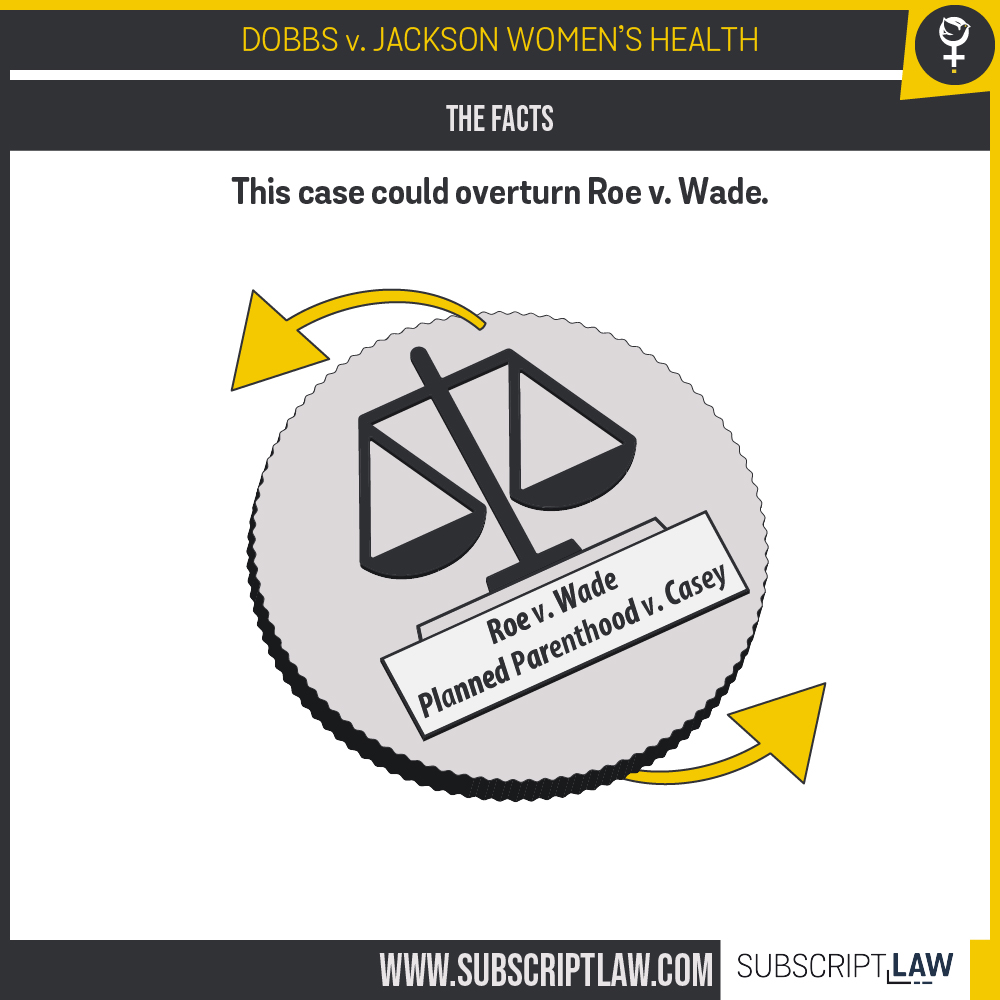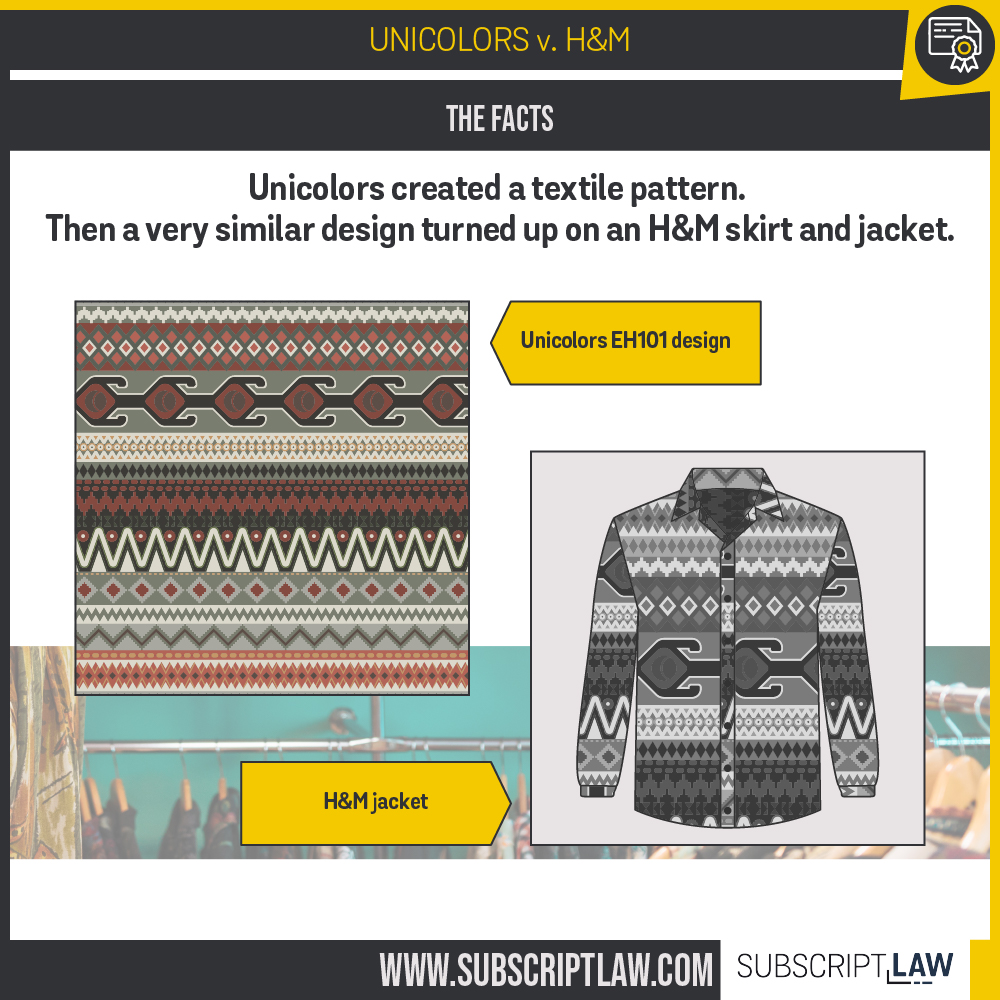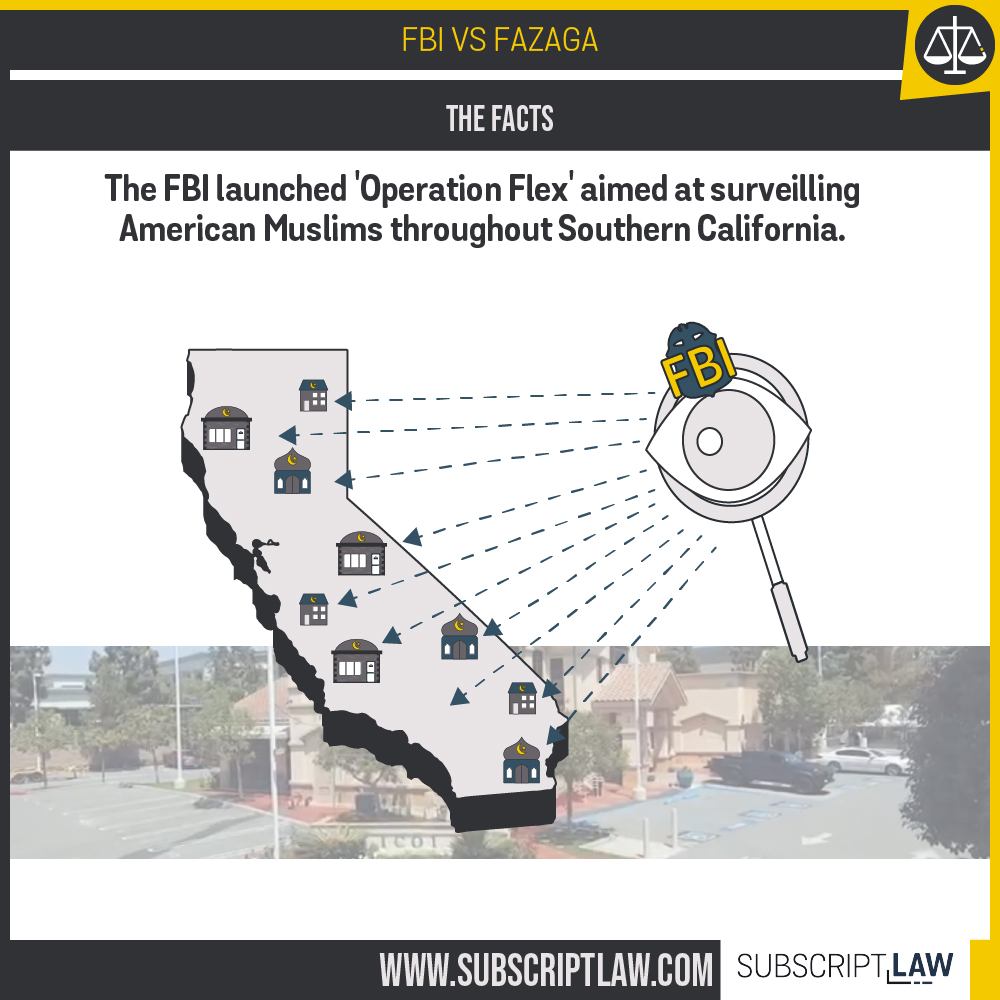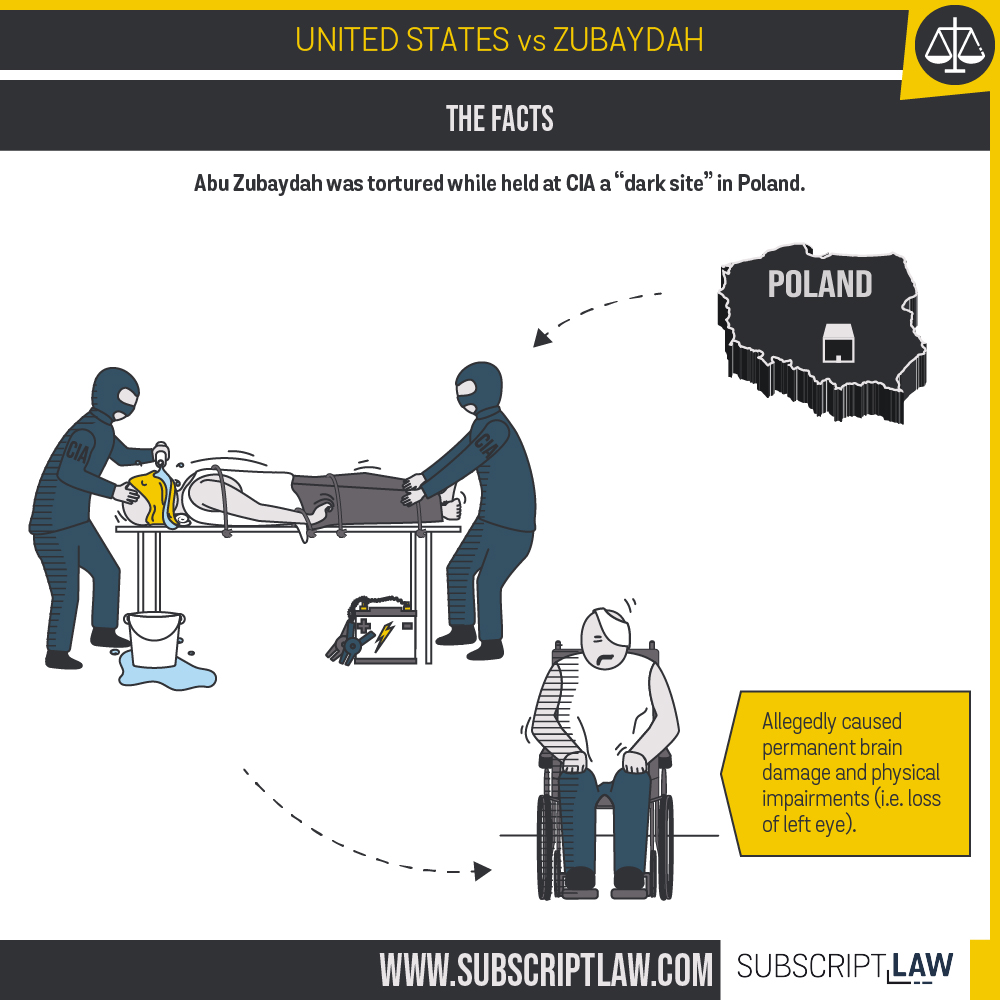
This case has been decided!
The first three Articles of the Constitution set out the powers of the three branches of government. Congress – the legislative branch – has a lot of power.
Congress makes rules on anything it decides is necessary for governing, except that it cannot violate individuals’ Constitutional rights, and it cannot take control of certain areas of law that are “reserved” to the states (e.g. local governance, education, regulating state commerce, regulating marriage, establishing and regulating corporations). But even in this latter category, Congress has taken an upper hand by justifying many elements as relating to national commerce.
The Constitution even gave Congress the power to establish federal courts below the Supreme Court.
Along with that, Congress can decide what cases belong in them (jurisdiction). This is a case of Congress using that power – the power to define jurisdiction – in an unusual way.
In this case, Congress defined jurisdiction in the middle of a case – aiming directly to end a particular litigation. Litigations – live “cases or controversies” – are in the Judicial power section (Article II).
Can Congress use its jurisdiction power in such a direct way to end a pending case? Or is it encroaching on the judicial power?
View the interactive graphic. Click on the case names to get more complete descriptions of the cases. And if you find them confusing, you aren’t the only one.





